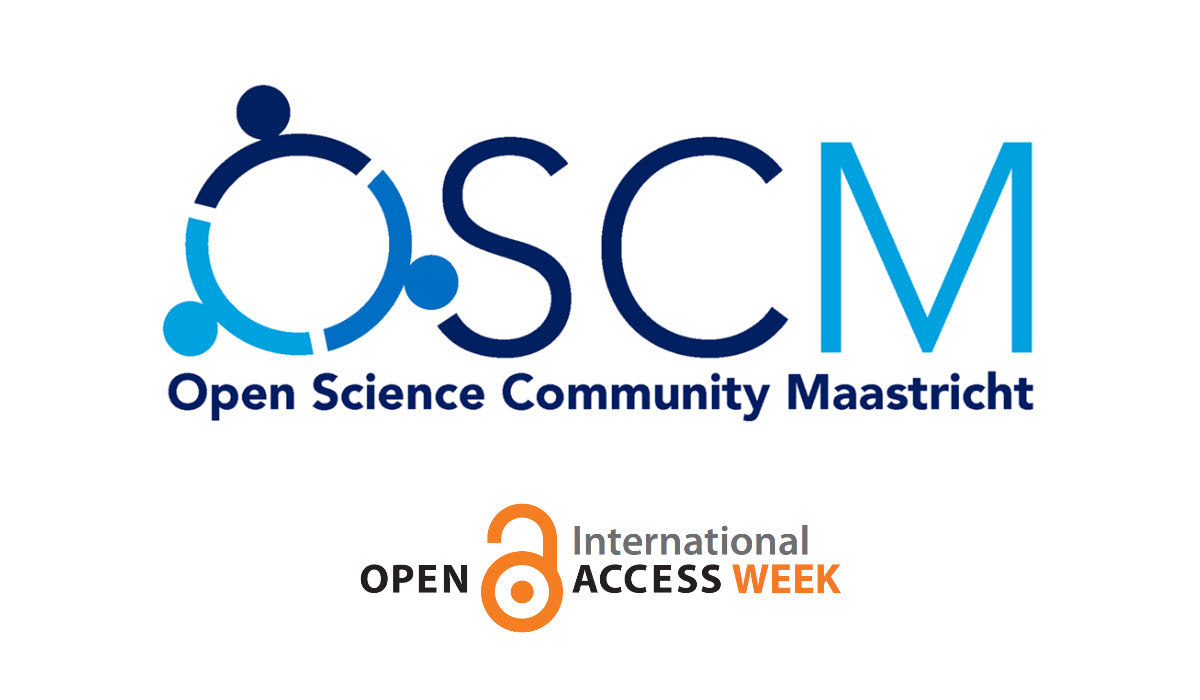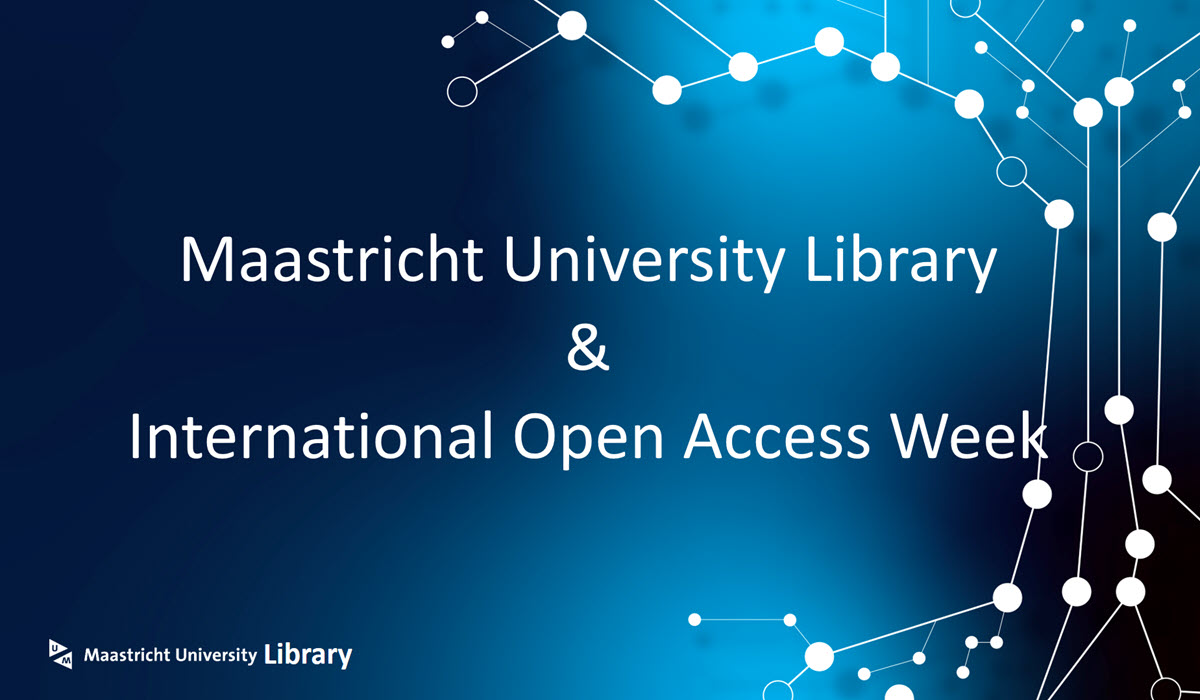Open Access is an essential pillar of UM’s Open Science policy. To celebrate International Open Access Week, we will give OA a little extra attention from 25-29 October this year.
Next to our regular support activities, events, and workshops, we will present new products and services in the OA week. We will launch a new and improved Open Access Journal Browser, the primary tool for our scholars to find out about OA publishing discounts and OA sharing options. The first edition of the FAIR for Qualitative Data will take place. And together with all Dutch universities, we will present A Practical Guide to Preprints to help accelerate scholarly communication.
During Open Access Week, we will also bust a couple of Open Access Myths, and scholars are welcome to visit two Open Access Drop-In Sessions to talk about publishing issues. We will close Open Access Week 2021 with a special OA issue of our Library+ Research update.
To know more, click here!
Open Science Community Maastricht during International Open Access Week 2021

In collaboration with the University Library, the Open Science Community Maastricht (OSCM) is responsible for promoting Open Science within Maastricht University. It does this by creating awareness on FAIR (Findable, Accessible, Interoperable, Reusable) data, sharing Open Science information, and organizing events that help improve our employees’ Open Science knowledge and skills.
Existing events include:
- The FAIR Coffee lecture series, in which FAIR pioneers present their research and implement FAIR to inspire other researchers to do the same.
- The FAIR Essentials workshop teaches researchers what FAIR is and how they can apply it to their research.
- The ReproducibiliTea Open Science journal clubs, in which we discuss diverse issues, papers, and ideas about improving science, reproducibility and the Open Science movement.
But that’s not all! During the Open Access Week, we’re also launching the first “FAIR for Qualitative Data” course to help qualitative researchers decide how to apply the FAIR principles to their work.
To know more, click here!










